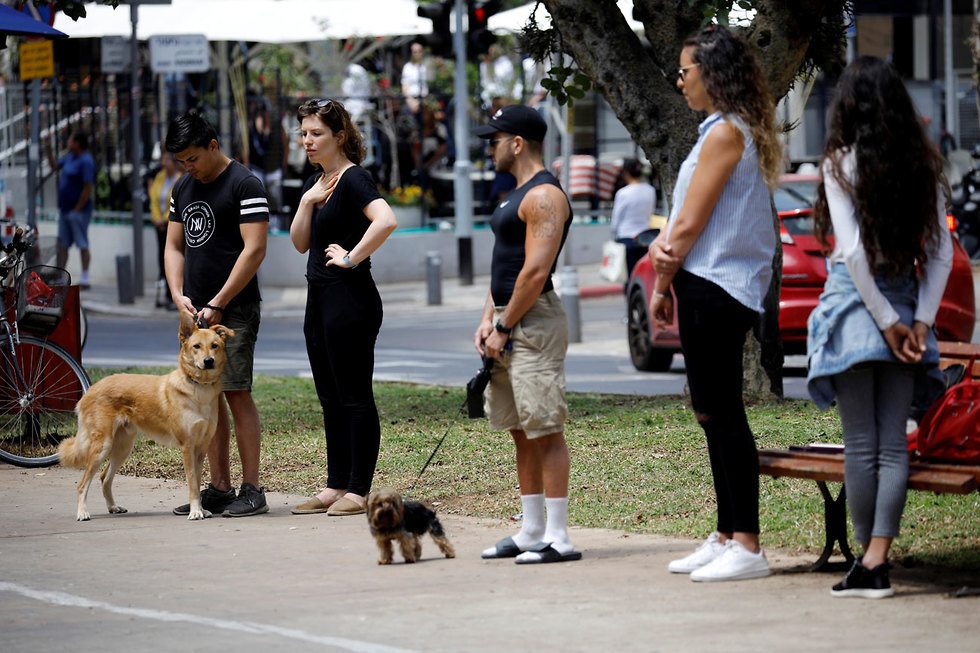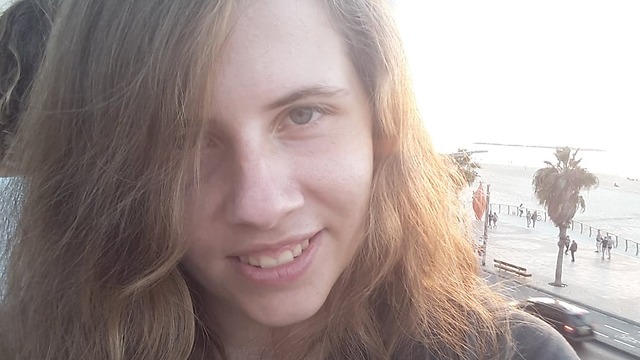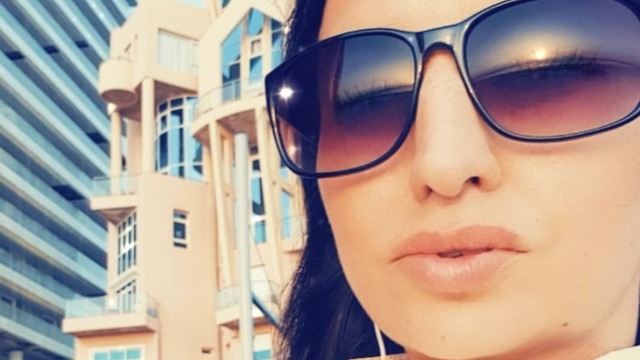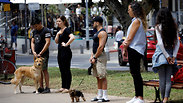
Shabbat shalom? Being a tourist in Israel has its challenges
Tourists are often unprepared for public transport to halt and shops, cafes and restaurants to close as Saturdays or Jewish holidays come around, and the sudden wailing of sirens used to mark memorial days can be a little shocking
Tourists visiting Israel are often comfounded by practices and traditions they rarely find elsewhere.
Last May, hours before the start of Memorial Day for fallen IDF soldiers and a few days before the Eurovision Song Contest was due to begin, a mishap at the IDF headquarters in Tel Aviv caused the siren that sounds across the country to go off early.
Tourists on the streets of Tel Aviv stood still, likely briefed that when they heard the siren they must stand.
Having visited the country before, German tourist Robin Seibers knew missile sirens sounded different and was able to calm other tourists' concerns.
"If the Israelis don't run, you are OK," she says. "That should be the rule."
"Most took out their phone to film people getting out of their cars in the middle of the road and standing still," she says.
This is a perfect example of how strange this country and its traditions must seem to visitors.
Israel has many holidays and memorials and at for at least two days a week, public services shut down completely.
Tourism is on the rise in Israel and the average tourist is more informed and more aware.
They study their destination before they arrive, check out food options and transportation and often plan their trips in detail.
But all that preparation is not enough to deal with the reality of Israel.
"I could not imagine there would be no public transportation at all," says Dehi Raj, visiting from Berlin. "When I checked with the tourism board, they said Saturday could be problematic, but I thought there would just be less buses."
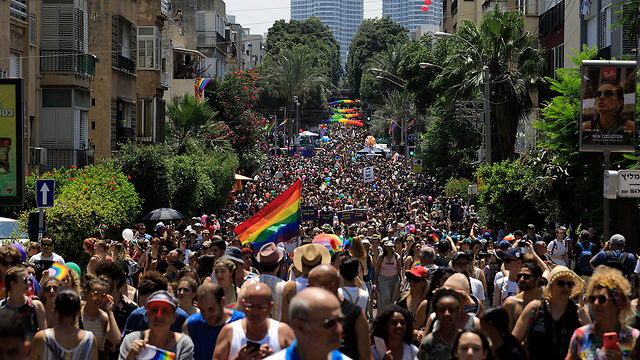
Having participated in the Gay Pride Parade in Tel Aviv, Dehi attempted to return to his Airbnb accommodations in neighboring Ramat Gan late that Friday.
"It took a while but finally I was able to hitch a ride, but had no idea how I would get to the airport the next day. Taxi prices on Saturday are outrageous."
Seibers agrees that transport on Saturday or holidays is a challenge.
"You have so many of them!" she says. But, she adds, with advance planning tourists can manage to get around.
"Still if you are not Jewish you are really taken by surprise," she says
Tully from Sweden said she had rented a car so transport was not a real problem but was surprised she could not shop on Saturday.
There were other challenges as well:
"We found a couple of bars open and when we sat down in one of them I ordered a margarita, but was told that the mixer was not operated on Saturday. That was very strange as the place was open for business," she says.
Food availability at the weekend was a recurring problem for many of the tourists who visited Israel recently.
Joseph, visiting from Las Vegas, toured the country with the Taglit-Birthright program, but decided to stay on after the tour ended.
"I stayed in a hotel in Jerusalem and despite being expensive the food tasted like leftovers," he says.
"It was clear that everything was prepared in advanced and re-heated on Saturday. Even the watermelon was sliced in advance and was uneatable by the time it was served."
Dehi found he could not buy food or find an open restaurant in his neighborhood on Saturday, hours before his flight home, and arrived at the airport hungry.
"Lucky for me I could buy something to eat at the terminal before my flight, but it was not very good," he says.
Mark from San Francisco wanted to spend a traditional Friday meal with Israeli hosts and found a family of English speakers on the CouchSurfing app.
"They ended up talking politics all evening, trying really hard to get their point of view across to us," he says.
And through the open window he could hear neighbors singing songs in Hebrew, laughing and clapping. "I was sorry I was not there with those guys," he says.
But what happens when you need a doctor?
Joseph fell ill and needed to see a doctor. "All the clinics were shut on the weekend and I really needed an X ray. Luckily a Hebrew speaking friend was with me as we went from clinic to clinic, me with a high temperature and barely breathing, until finally, we found a place that was open."
Many tourists say their trip was not adversely colored by the Saturday and holiday issues.
Tully said there is no such thing in Sweden as businesses are open seven days a week.
"I wish we had such days back home," she says. "One day that's all about family and not work or business.
"My country needs such a day. Oour relationships and our family traditions suffer because nothing is sacred anymore."










